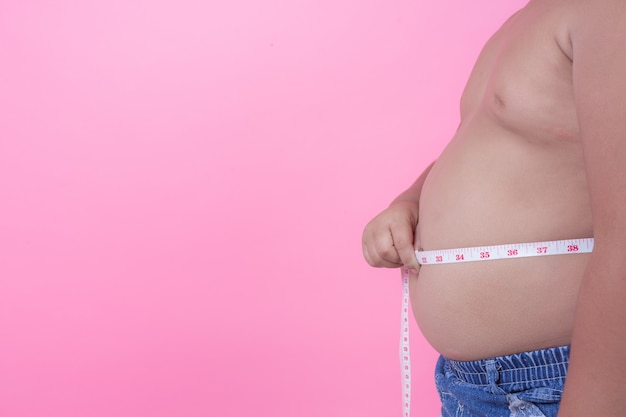
So, you want to lose weight, right? Most people think the answer is just counting calories and eating less. However, Terry Fairclough, a top personal trainer and co-founder of Your Body Programme, disagrees.
Over the years, I’ve heard many different opinions and questions about the best diet for weight loss. Should we count calories? Go on a low-fat, low-carb, or high-protein diet? Should we fast? Eat small, regular meals throughout the day? While these are all valid questions and can depend on your body type, goals, and activity levels, under-eating is never the answer.
You probably know someone who decides to eat way fewer calories to get ready for the beach. Sure, they might lose weight, but not the kind they think. A big calorie deficit can lead to weight loss but not fat loss, which is what most people actually want.
Nowadays, our Western diet is usually much bigger than it needs to be. Some people do need to cut a bit, but simply because they were overeating before. However, many think that the only way to lose weight is to eat way less, and that’s just not true.
When you eat, your body breaks down carbs into glucose (sugar), which is your main energy source. When you don’t need this energy right away, the glucose is stored as glycogen in your muscles and liver, each molecule holding onto some water. When you’re low on glucose, this glycogen breaks down to release glucose back into your bloodstream for energy.
Here’s why cutting calories might not be the best plan: When you cut calories, you’re losing stored carbs and water, not fat. To actually lose fat, you need a balanced approach, including enough protein because it helps burn fat.
Some people think cutting out fat helps with weight loss, but the truth is, fat is a crucial energy source. It provides more than twice the energy of carbs or protein and is stored in muscle fibers for easy access during exercise.
Also, cutting calories too much can lead to nutrient deficiencies, which can affect your body’s systems, including your immune and digestive systems, and slow down your metabolism. Health issues from under-eating can include fatigue, malnutrition, osteoporosis, anemia, and fertility problems, among others.
Extreme calorie cuts put stress on your body, leading to an increase in the stress hormone cortisol, which can initially cause weight loss. But long-term stress can make your body hold onto fat, slow your metabolism, and lead to digestive issues.
If you’re not eating enough, you won’t get the nutrients you need, which affects your training and results. Poor sleep, caused by low blood sugar levels, can also impact your health and weight loss efforts.
Bodybuilding competitors often reduce calories to get lean but then increase them again afterward, and they can run into health problems if not done correctly. If you keep cutting calories, eventually, your body can’t function properly, making weight loss almost impossible. That’s because your body goes into “famine mode” and holds onto fat.
The key is to eat the right amount of calories, with a balance of carbs, fats, and protein suitable for your body type, goals, activity level, height, weight, and age. I founded Your Body Programme (YBP) to help people understand their specific needs. We can determine your ideal calorie needs based on your body type using our YBP calculator.
Make sure you’re consuming enough lean proteins like beef, chicken, eggs, and fish. Vegans can opt for pulses, legumes, tofu, and tempeh. Include healthy carbs from fruits, vegetables, sweet potatoes, quinoa, brown rice, and whole-wheat pasta. Don’t forget healthy fats like avocados, nuts, seeds, and olive oil.
By eating healthily, you keep your metabolism active and support your overall well-being, making it easier to lose fat and maintain good health.